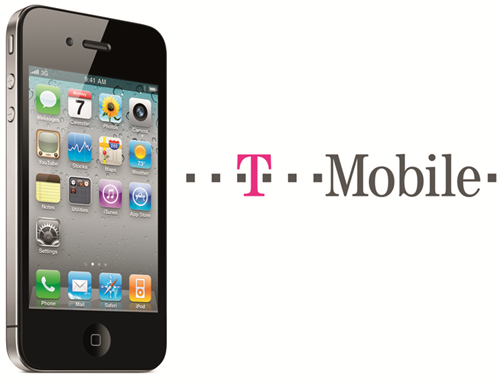
T-Mobile signs AWS spectrum agreement with Verizon
 T-Mobile just announced plans to exchange and purchase spectrum from Verizon Wireless in a deal the carrier claimed would improve its “spectrum position in 15 of the top 25 markets” that covers 60 million people. T-Mobile said the spectrum would help enhance its 4G network and advance the rollout of its LTE service. The agreement includes spectrum that Verizon planned to acquire from several cable companies, so T-Mobile will first have to wait for the Federal Communications Commission and U.S. Department of Justice to approve the deal:
T-Mobile just announced plans to exchange and purchase spectrum from Verizon Wireless in a deal the carrier claimed would improve its “spectrum position in 15 of the top 25 markets” that covers 60 million people. T-Mobile said the spectrum would help enhance its 4G network and advance the rollout of its LTE service. The agreement includes spectrum that Verizon planned to acquire from several cable companies, so T-Mobile will first have to wait for the Federal Communications Commission and U.S. Department of Justice to approve the deal:
“This agreement will provide T-Mobile with critical AWS spectrum, enhancing both network capacity and performance and allowing us to meet the growing consumer demand for 4G mobile broadband,” T-Mobile CEO and President Philipp Humm said. “This is good for T-Mobile and good for consumers because it will enable T-Mobile to compete even more vigorously with other wireless carriers. We anticipate FCC approval later this summer, in time for us to incorporate this new spectrum into our network modernization and the rollout of LTE services next year.”
We recently updated you on the rollout of T-Mobile’s $4 billion 4G-network plan, including its plan to rollout 4G HSPA+ in the 1900 MHz spectrum to iPhone users “in a large number of markets later this year.” T-Mobile mentioned a few of the cities that would benefit if the agreement goes through:
T-Mobile will gain spectrum covering 60 million people — notably in Philadelphia; Washington, D.C.; Detroit; Minneapolis; Seattle; Cleveland; Columbus, Ohio; Milwaukee; Charlotte, N.C.; Raleigh-Durham, N.C.; Greensboro, N.C.; Memphis, Tenn.; and Rochester, N.Y

